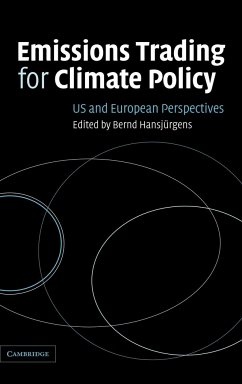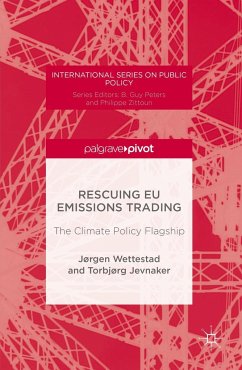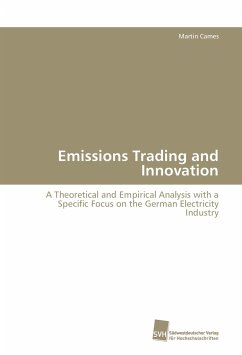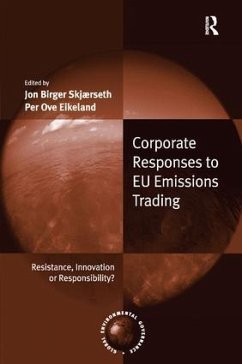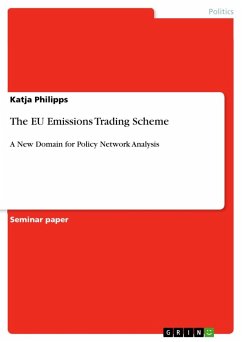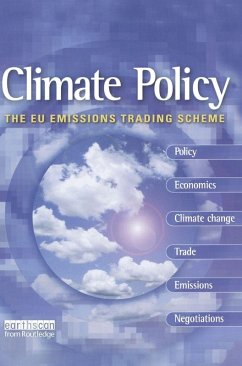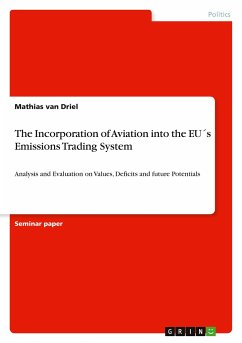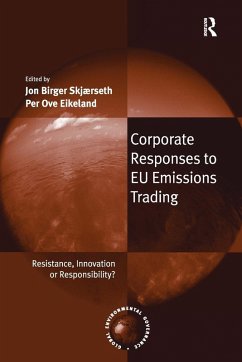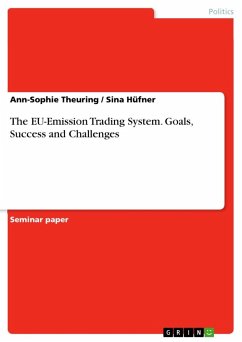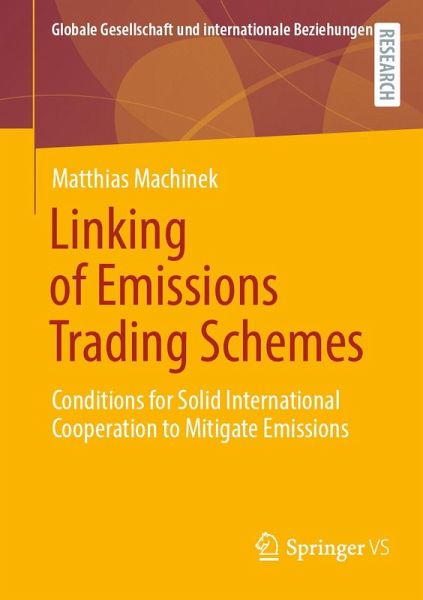
Linking of Emissions Trading Schemes
Conditions for Solid International Cooperation to Mitigate Emissions

PAYBACK Punkte
0 °P sammeln!
Anthropogenic Climate Change is one of the biggest challenges of the 21st century and receives more and more international awareness. The central instruments to counter climate change are emissions trading schemes (ETS) to cover GHG emissions. To increase efficiency and to ensure global reduction of emissions damaging to the climate, an international emissions trading scheme would be a rational choice. To establish such a global scheme, political decision makers could follow a bottom-up-approach by linking already existing ETS with each other. The book investigates such linkings of emissions t...
Anthropogenic Climate Change is one of the biggest challenges of the 21st century and receives more and more international awareness. The central instruments to counter climate change are emissions trading schemes (ETS) to cover GHG emissions. To increase efficiency and to ensure global reduction of emissions damaging to the climate, an international emissions trading scheme would be a rational choice. To establish such a global scheme, political decision makers could follow a bottom-up-approach by linking already existing ETS with each other. The book investigates such linkings of emissions trading schemes, which provide many benefits for the linking partners. As experience shows, although the number of schemes increased in the last decade, only a few linkings were established. Thus, the book answers the question, if and which conditions for states exist to link their emissions trading schemes. .





